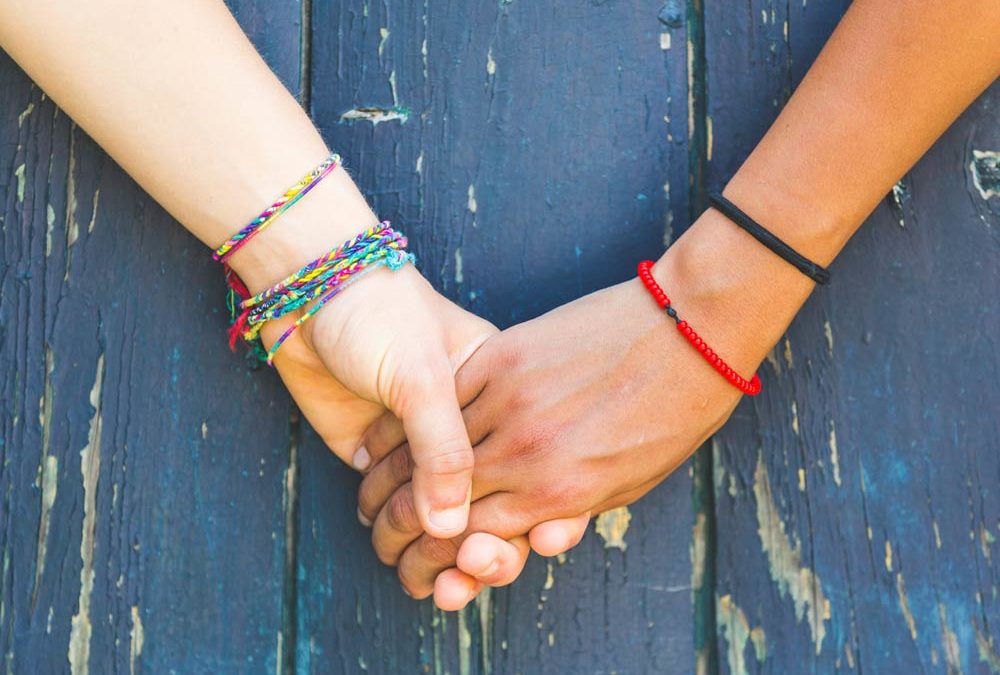
ART is increasingly being used to enable same-sex couples to have their own children. It is important to remember that this doesn’t necessarily mean they are infertile or have a fertility problem; however, in some cases they may learn they have a fertility problem after starting the family-building process with ART.
Deciding to go down the path of parenthood is a very exciting time but there are also some important factors to consider when planning a pregnancy. Here are a few of the key things to take into account:
Who will carry the pregnancy and who will provide the egg?
Deciding who will carry the pregnancy and who will provide the egg is one of the big decisions to make. Sometimes one partner will do both and other times couples will opt for partner IVF.
Partner IVF gives lesbian couples the chance to each have a special connection to their future child. This method allows both partners to become physically involved in the conception of their baby. One partner provides the eggs, which are fertilised with donor sperm, and the other carries the pregnancy. Some couples may use this type of treatment to conceive their second child, with their original sperm donor and carrier roles reversed.
Choosing a known or unknown sperm donor
Choosing a sperm donor is also an important decision. Donors are classified as either “known” or “unknown”, depending on the type of relationship between the donor and the women/couple.
Often, “known” donors can be hard to find as not all friends or family members are comfortable with the idea of donating and having a child genetically linked to them.
“Unknown” (clinic-recruited) sperm donors (frozen sperm) are readily available at City Fertility Centre and have already completed the process of counselling, screenings, consenting and the six-month quarantine period.
It is important to remember that in Australia, when children conceived from donor sperm turn 18 they have the right to access identifying information about the donor. In addition, only sperm from donors who have been advised by Victorian counsellors can be used in Victoria.
The donor, however, is not the legal father of the child. The woman giving birth is regarded as the mother of any child born. The recipient couple are the legal parents of the child, with parental rights and responsibilities.
Australia also has restrictions in place to limit the number of families that can be created from a single donor.
Please note we encourage all individuals and couples to seek independent legal advice before taking part in the donor program.
Usual fertility factors still count – age, lifestyle, environment, medical conditions
It is important to also be aware of what impacts on your reproductive health. The usual fertility factors, such as advanced maternal age, lifestyle, environment and medical conditions, still all play a part in your fertility.
Counselling
Counselling is also an essential part of the fertility journey as it provides the opportunity to consider and discuss treatment on a more personal level, taking into account the emotional responsibilities of all parties involved. It also enables patients to raise issues that are more private, such as individual concerns, relationship difficulties, or current life situations that may affect their experience of treatment. If you already have children, they may be invited to attend.
Counselling is a mandatory part of all donor treatments.
If you would like more information about the treatment options available for same-sex couples, please contact our friendly staff on 1300 332 052 or email specialist@cityfertility.com.au. Alternatively, visit City Fertility’s “Lesbian Couples” page or download their fact sheet “Fertility Treatment for Same-Sex Couples.”

